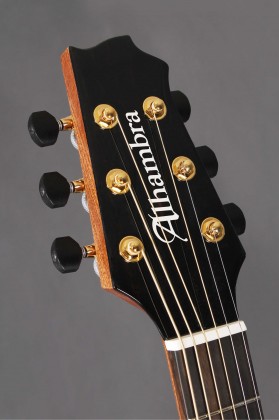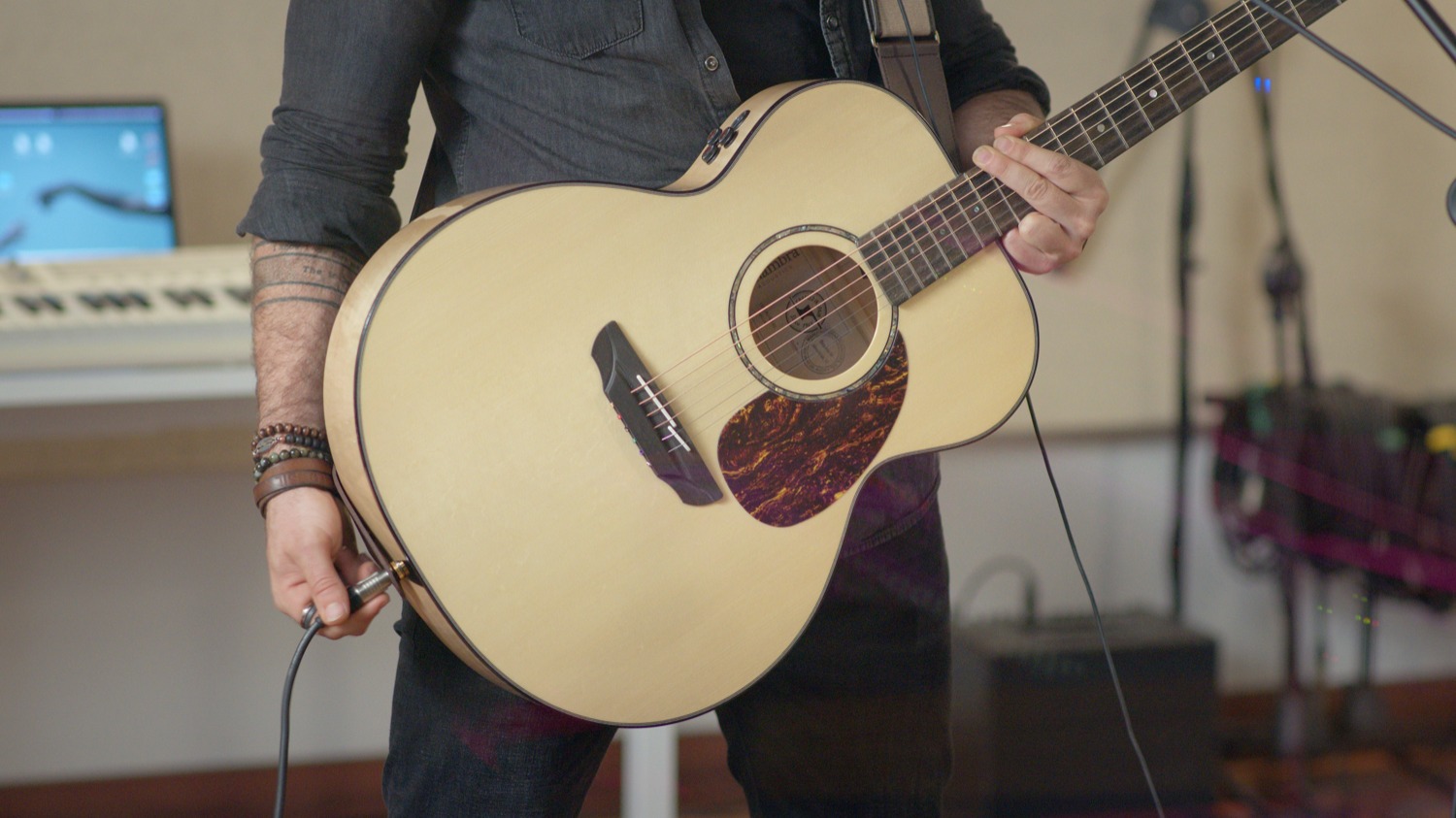What is the Difference Between Classical and Acoustic Guitar: A Comprehensive Comparison
Classical and acoustic guitars are fascinating musical instruments, each with its own charm and distinctive characteristics. If you've ever wondered what the difference is between a classical and an acoustic guitar, you're in the right place. In this article, we will explore in detail these two guitar variants, from their construction and sound to their use in different musical genres.
Get ready to dive into the wonderful world of music and unravel the singularities that make these guitars unique.
Differences Between Classical and Acoustic Guitar: A Comprehensive Comparison
The key differences between classical and acoustic guitars lie in their construction, sound, and playing style. Let's delve into each aspect in detail.
Classical Guitar Construction
The classical guitar, often known as the Spanish guitar, is characterized by its traditional construction. The body of a classical guitar is typically made of solid wood, such as cedar or spruce, producing a warm and smooth sound. The neck is wider and flatter, facilitating fingerpicking and intricate techniques. Additionally, classical guitars have nylon strings, providing a melodic and smooth sound.
Acoustic Guitar Construction
On the other hand, the acoustic guitar has a slightly different construction. Its body can be made of solid or laminated wood, significantly affecting its sound. Acoustic guitar strings are made of steel, producing a brighter and louder sound compared to the classical guitar. The neck is usually narrower and thinner, making it easier for chords and strumming.
Sound:
The classical guitar offers a smooth and melodic sound. Its nylon strings produce warm and round tones that are ideal for genres like classical music, flamenco, and fingerpicking. The classical guitar is known for its expressiveness and ability to convey subtle emotions through music.
In contrast, acoustic guitars, due to their steel strings, produce a brighter and resonant sound. It is perfect for genres such as folk, country, and rock, as it can project strong notes and energetic chords. Its powerful sound makes it a popular choice for live performances.
Body:
Another significant difference is the body shape. Classical guitars usually have a smaller and rounded body, while acoustic guitars can have a larger body and various shapes, such as dreadnought, jumbo, or folk.
Acoustic guitars tend to weigh much more than a classical guitar. The main reason is the construction and internal elements that make up the soundbox. The tension that the top of an acoustic guitar must withstand, due to steel strings, is almost double that of a classical guitar. This necessitates a much more reinforced and heavier internal structure for an acoustic guitar.
Neck:
The neck is the part of the instrument that connects the body to the strings. The neck of classical guitars is wider with a flatter radius compared to the necks of acoustic guitars. This makes classical guitars more comfortable for solo playing, while acoustic guitars are more suitable for chords.
Playing Style:
The playing style of the classical guitar involves fingerpicking techniques and delicate arpeggios. The arrangement of nylon strings makes it easy to execute complex pieces and intricate melodies. Classical guitarists often use long nails on the right hand to achieve an optimal tone.
In contrast, the acoustic guitar is commonly played with a pick or using fingerpicking techniques. Its robust sound is ideal for energetic strumming and impactful solos. Musicians in genres like rock and country prefer the acoustic guitar for its versatility and power.
FAQs:
Can I use nylon strings on an acoustic guitar?
Technically, you can, but it is not recommended. Acoustic guitars are designed for steel strings, and using nylon strings can negatively impact sound quality and neck tension.
Can I play classical music on an acoustic guitar?
Yes, you can play classical music on an acoustic guitar, but you won't achieve the same soft and melodic tone as a classical guitar. The choice of the instrument depends on personal preferences and the sound you're seeking.
What is the cost difference between a classical and an acoustic guitar?
In general, classical guitars tend to be more affordable than high-quality acoustic guitars. However, there is a wide price range in both categories, so you can find options to fit your budget.
What type of music is best suited for the classical guitar?
The classical guitar is ideal for genres like classical music, flamenco, bossa nova, and other styles that require a soft and melodic tone. It is also an excellent choice for playing soft acoustic music.
Can I use a classical guitar to play modern music?
Yes, you can adapt a classical guitar to play modern music, but keep in mind that its sound may not be as bright as that of an acoustic guitar. You can experiment with different styles and techniques to achieve the desired sound.
What maintenance is required for a classical guitar?
A classical guitar requires special care due to its nylon strings. You should change the strings regularly and keep it in an environment with suitable humidity to prevent wood damage.
Recommendations:
In general, classical guitars are recommended for playing classical music, flamenco, and other styles that require a soft and expressive sound. Acoustic guitars are more suitable for playing folk, country, rock, and other styles that require a more powerful and dynamic sound.
Tips for Beginners:
If you're starting to play the guitar, I recommend choosing a classical guitar. Classical guitars are easier to play and learn, lighter, and perfect for developing basic techniques. Once you have more experience, you can start exploring different types of guitars and musical styles.





